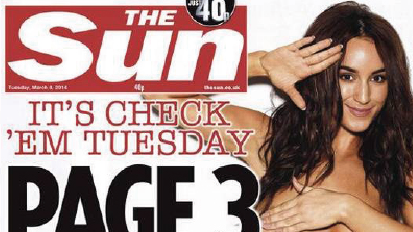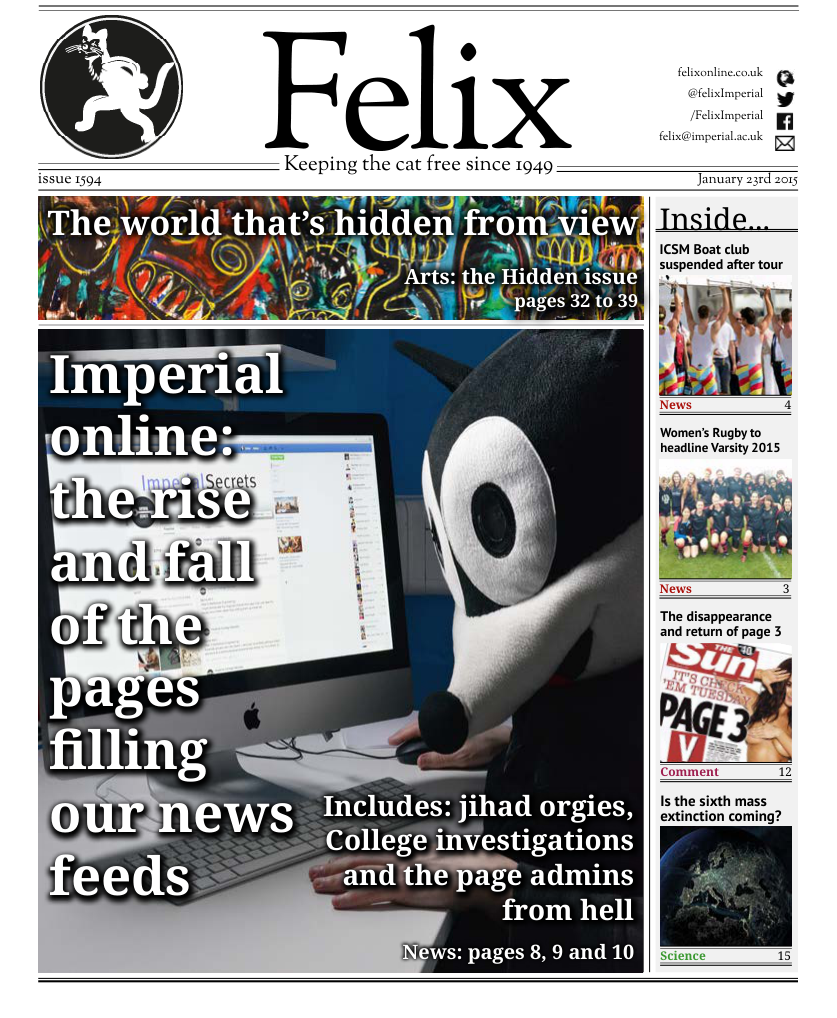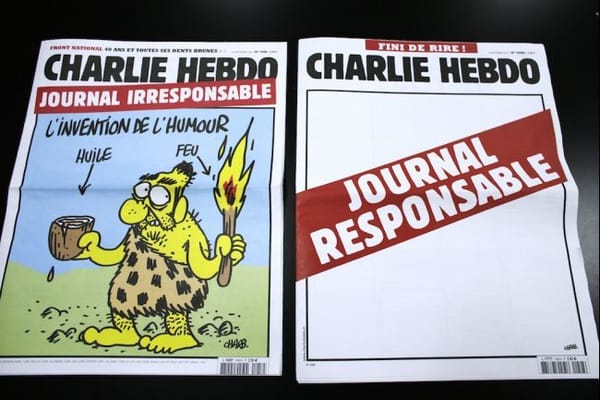Should we celebrate the loss of Page 3?
This week, The Times reported that The Sun had dropped their Page 3 feature. Following the writing of this article, the naked ladies were reinstated on Thursday.

The Sun dropped its Page 3 feature this week, ending a 40 year tradition of featuring young, beautiful women on their third page, mostly topless and with suggestive headers or sidebars with “The News in Briefs”. The change comes following a 28 month campaign by No More Page 3, lead by Lucy-Anne Holmes. The No More Page 3 website states, “This is not about censorship, or passing an Act of Parliament to force Dominic Mohan, the editor of The Sun, to scrap Page Three. We are asking him – politely – to remove it voluntarily.” This week they succeeded in their aim, but the response hasn’t been totally supportive. Some women have accused the movement of being anti-sex-worker, of being prudish, and of opposing the free press. Past campaigns to remove the pictures have led to women being branded “fat and jealous”, and as “battleaxe(s)” by the newspaper itself, which has maintained silence over the surprising decision not to feature the pictures since last Friday. Why the feature was removed from print is still a mystery, but since new topless photos are available on the Sun website daily, something tells me it wasn’t a sudden feminist epiphany.
Personally, I think the removal of Page 3 is just a small step towards a fairer representation of women in the media. Whilst I am in favour of the freedom of women to utilise their bodies in any way they would like without reproach, from glamour modelling to serving in the army, I believe that while the British media continue to underrepresent the words and actions of women in the news, and focus instead on looks and boobs, they are still upholding sexism and inequality in our society.
In a 2012 study on women in journalism, it was found that 84% of people mentioned or quoted in front page articles were men. Only 24% of journalists at daily newspapers are women and male experts who were quoted or interviewed in science pieces outnumbered women 4 to 1. Women will have fewer mentions in political and scientific news, because of the dearth of women in these fields, but the refusal of national news to acknowledge the opinions and actions of half the population leads in turn to the view that women do not belong in these spheres.
No More Page 3 has got into trouble with some critics due to members of the campaign shaming the Page 3 models, and extending this shame to all female sex workers. It is this side of the campaign which lead to many members of Imperial Feminist Society, including myself, deciding against supporting the campaign, because we believe that sex workers deserve the same respect as any women, and that the Page 3 models are not the people acting in ways that we should be campaigning against. Page 3 in isolation would be mere titillation, but with the backdrop of the continuing absence of women’s voices in British news it takes on a more serious role. If we can work towards a more equal media representation then by all means plaster erogenous zones (of all genders!) all over your tabloids. Until then, Page 3, scantily clad celebs in “candid” photographs, and the lack of women’s voices in the daily news, all simply seek to reinforce the idea that women have no more to offer than their looks, and that is what we should really be campaigning against.









